The task of saving for your child’s education can be a daunting one. Between figuring out when to begin saving and how much to save, to selecting the best type of account to save in it can be difficult figuring out where to start. There are many decisions you will need to make in order to ensure you are saving enough and in the most tax efficient ways possible. In this article we will explore the first decision you will need to make which is when you should begin saving.
Ideally, the best time to open and begin funding a new college savings account for your child is on the day they are born, if not sooner. While a social security number is required to open a new 529 college savings plan account for your child, you are allowed to change the beneficiary of the account at any time, and as such you may make yourself the beneficiary until your child is born. You can then change the beneficiary to your child after they are born.
The earlier you can begin to save, the less you will be required to save on an annual basis, and the longer your investments will have to grow. However, this may not be an option for every new parent. Competing goals and objectives need to also be considered when deciding when to begin saving.
Before you may begin to save for your child’s education, it is important to make sure that your personal goals are being met. While the idea of saving for your child’s education is a very noble one, remember that you can always apply for student loans or grants if you fall short. The same thing can not be said for retirement. Therefore, it is recommended to first make sure you are on track for retirement before funding your child’s college savings account. Further, you should develop a plan for paying down any debts (credit cards, student loans, etc.) and establish a cash reserve. A cash reserve is an accumulation of cash that may be used to cover short-term emergency expenses that arise. As a general rule of thumb, it is suggested that families with one income source establish a 6-month cash reserve, and that families with two income sources establish a 3-month cash reserve.
As you can see there are several factors that help determine when an individual should begin saving. The initial costs of having a baby may be highest in the first year with hospital expenses, purchasing baby essentials (such as a stroller, crib, clothes, etc.), and upfront daycare costs. If you are not able to save in the first year, you can always begin saving the next year. Keep in mind that the earlier you start saving, the longer your savings will have to grow before these funds are needed, and the less you will be required to save each year. The important thing to remember is to make sure you are on track to fund your other goals before beginning to save.
Ideally, the best time to open and begin funding a new college savings account for your child is on the day they are born, if not sooner. While a social security number is required to open a new 529 college savings plan account for your child, you are allowed to change the beneficiary of the account at any time, and as such you may make yourself the beneficiary until your child is born. You can then change the beneficiary to your child after they are born.
The earlier you can begin to save, the less you will be required to save on an annual basis, and the longer your investments will have to grow. However, this may not be an option for every new parent. Competing goals and objectives need to also be considered when deciding when to begin saving.
Before you may begin to save for your child’s education, it is important to make sure that your personal goals are being met. While the idea of saving for your child’s education is a very noble one, remember that you can always apply for student loans or grants if you fall short. The same thing can not be said for retirement. Therefore, it is recommended to first make sure you are on track for retirement before funding your child’s college savings account. Further, you should develop a plan for paying down any debts (credit cards, student loans, etc.) and establish a cash reserve. A cash reserve is an accumulation of cash that may be used to cover short-term emergency expenses that arise. As a general rule of thumb, it is suggested that families with one income source establish a 6-month cash reserve, and that families with two income sources establish a 3-month cash reserve.
As you can see there are several factors that help determine when an individual should begin saving. The initial costs of having a baby may be highest in the first year with hospital expenses, purchasing baby essentials (such as a stroller, crib, clothes, etc.), and upfront daycare costs. If you are not able to save in the first year, you can always begin saving the next year. Keep in mind that the earlier you start saving, the longer your savings will have to grow before these funds are needed, and the less you will be required to save each year. The important thing to remember is to make sure you are on track to fund your other goals before beginning to save.

